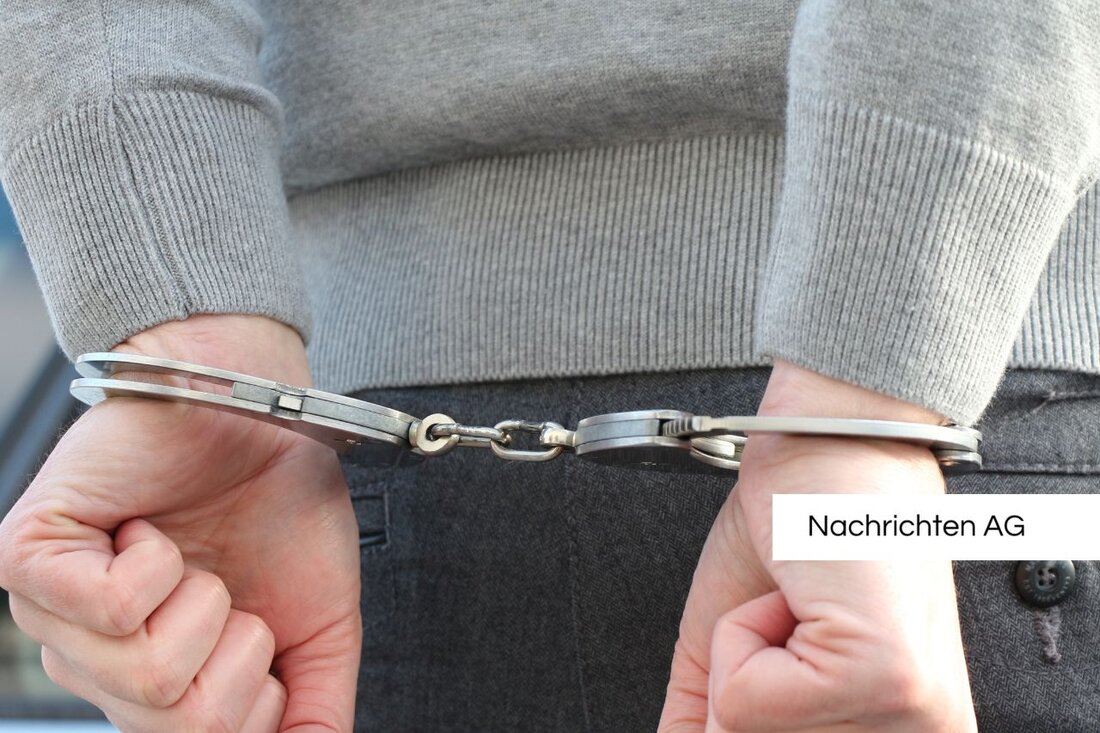Udo W. from Boitzenburg: Nazi memorabilia puts him behind bars!
Udo W. from Brandenburg was sentenced to 2.5 years in prison for selling Nazi memorabilia after covering up his tracks.

Udo W. from Boitzenburg: Nazi memorabilia puts him behind bars!
In a remarkable case, Udo W., a 53-year-old businessman from Boitzenburg, was sentenced to two years and six months in prison for trafficking in Nazi memorabilia. The Brandenburg Higher Regional Court rejected W.'s appeal against a first-instance ruling by the Prenzlau District Court from 2024. The verdict came after W. had already been sentenced to one and a half years in prison for similar offenses in 2020.
Udo W., who initially conducted his business via Ebay and later via his own online shop, offered a wide range of Nazi devotional items. His offers included, among other things, an “SS blanket”, Nazi badges, a Reich war flag with a swastika and red wine bottles with pictures of Hitler. What was particularly striking was the selling price of 8.88 euros for these red wine bottles, an amount that is considered code for the “Hitler salute” among neo-Nazis. W. also marketed peanut cans labeled “Zyklon B,” which only increased the public’s outraged reaction.
International trade in Nazi goods
The authorities closely followed the sale of Nazi memorabilia, which enabled W. to cross Germany's borders. Investigators discovered that W. had his goods sold to Germany from Spain, which led to the decision to classify his activities as “dissemination of propaganda by anti-constitutional organizations.” According to a report by Nordkurier, W. was arrested at Málaga airport on March 18, 2024, after living in Spain since 2013.
It is also worth noting that Udo W. was arrested at the beginning of his criminal career in 2005 because he used unconstitutional license plates. His views had been known to the authorities for a long time. The presiding judge Christian Schmidt noted that the chamber had previously imposed a sentence that was too lenient for W.'s actions and described the ruling at the time as a mistake. The public prosecutor's office considered the punishment in the current matter to be appropriate, but W. remains in custody after this decision, but has the opportunity to appeal.
Living conditions and prison conditions
It was discussed in the hearing that W. was described as permanently unable to work and that a tumor was discovered during his imprisonment. His defense lawyer argued that the prison time in Spain should be taken into account, but this was rejected. The circumstances in Spanish detention, such as the presence of bed bugs, aroused the judge's pity, but were ultimately deemed not to be inhumane.
The entire case surrounding Udo W. highlights the complex dynamics of the trade in right-wing extremist ideas and the associated social challenges. In this regard, the research project on the history of the radical right in Germany offers valuable perspectives to better understand and analyze the changes in these ideologies, especially in the context of developments from the 1970s to the present day.

 Suche
Suche
 Mein Konto
Mein Konto